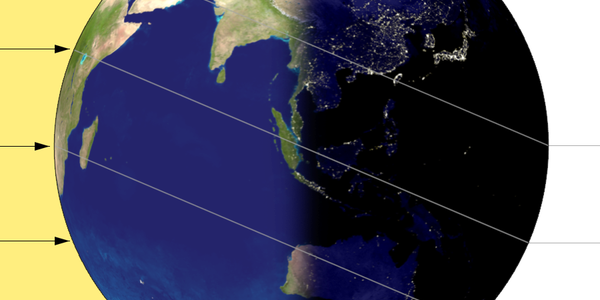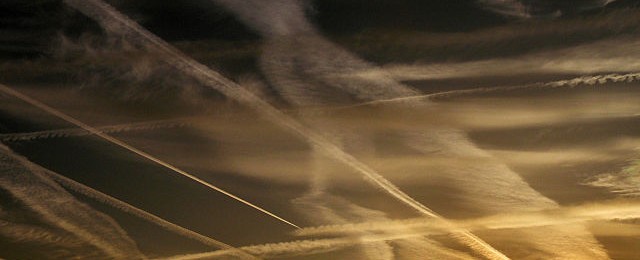Climate science
-

If you are looking for ways to explain El Niño to producers or your parents or children, you might be interested in two recent resources on El Niño that I found online. The World Meteorological Organization has a simple 3-minute video tutorial which explains what El Niño is and how it affects global climate at https://www.youtube.com/watch?v=v92Iqihct98.…
-

One of the comments I often hear from people who are dubious about a warming climate is that the change is occurring naturally due to increases in the sun’s output. But is this really true? We do know that solar output is a factor in long-term changes in climate. For example, the wax and wane…
Posted in: Climate science -

If you think that we are cold in winter because that is when Earth is farthest from the sun (as a study showed many Harvard students believe), then you will be surprised to know that today is Perihelion, the day of the year when the Earth is closest to the sun. (Aphelion, the point on…
Posted in: Climate science -

Today, December 21, the winter solstice will occur AT 11:48 pm EST. Historically this marks the shortest day of the year and the start of astronomical winter (meteorological winter already started on December 1). You can read more about it at EarthSky here, including links to what a solstice is and why the latest sunrise…
-

On a day when many people are traveling for the holidays, I thought you might be interested in a recent story from Smithsonian magazine on the impact of contrails on local and regional climate. Contrails are high-altitude clouds made of ice crystals and are formed by emissions from jet aircraft interacting with moisture high in the…
-

Fox News reported on a recent research study which looked at the temperatures of 235 freshwater lakes around the world and noted that their temperatures were rising faster than those of the atmosphere or ocean. This research was presented at the American Geophysical Union annual meeting in San Francisco last week. The rising temperatures are putting…
-

Now that the next episode of Star Wars has been released, I thought you might enjoy this look at the science behind the weather of the original Star Wars series, courtesy of Dr. Marshall Shepherd, UGA in Forbes.com. No spoilers, I promise! In the blog post, Dr. Shepherd points out that there is a website…